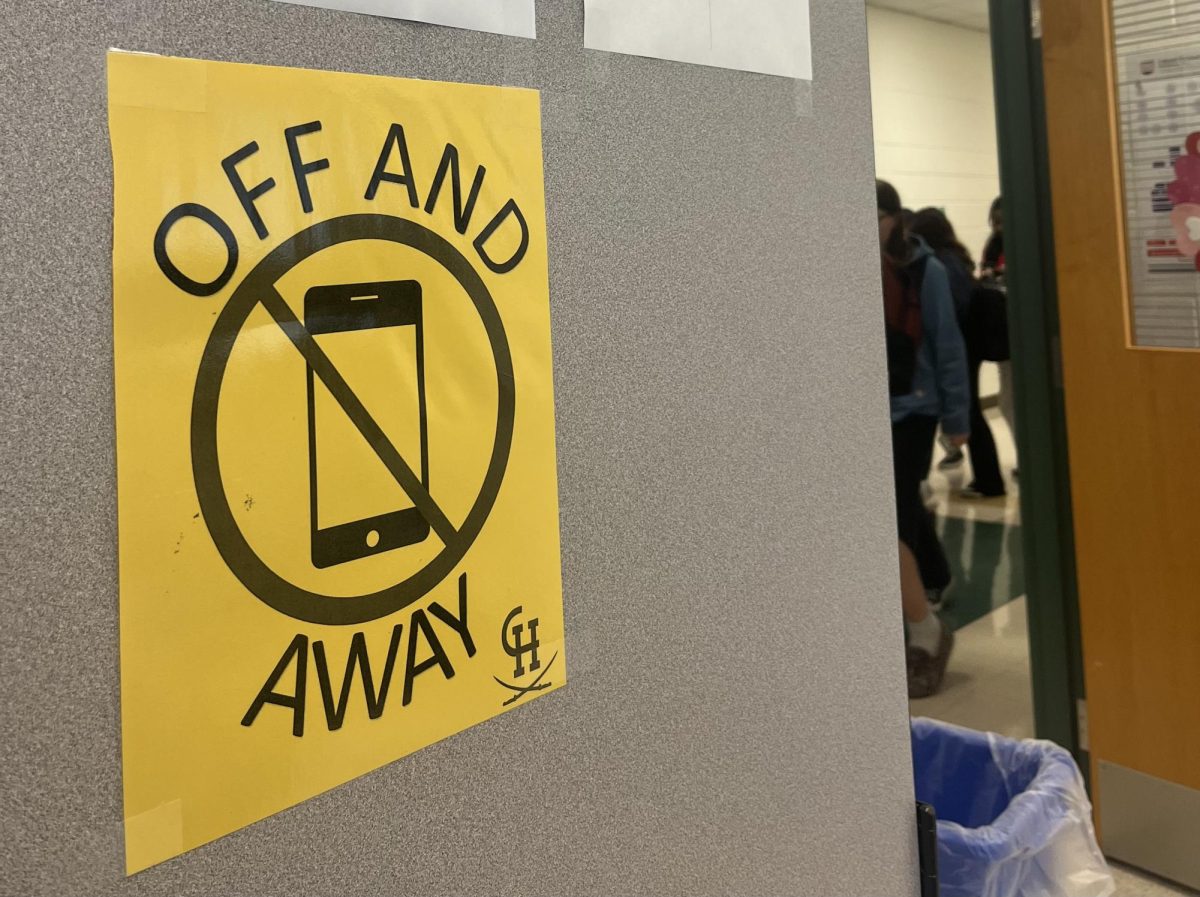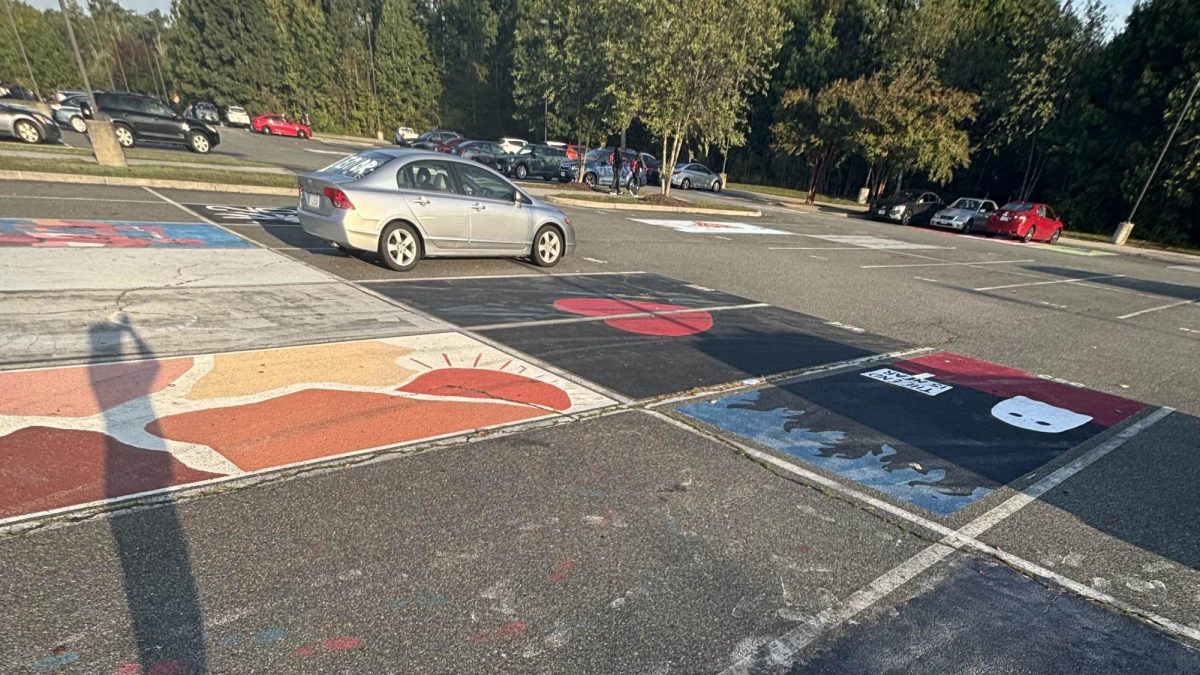The evolution of technology has scraped through the landscape of our world, leaving no aspect of our society untouched. Throughout history, from the telegraph, to the gramophone, to the smartphone, technology has always been integrated into our lives. But wherever there have been great strides to progress, there has been turmoil where people figure out how we live in these new landscapes.
On July 9, 2024, Governor Glenn Youngkin of the state of Virginia issued Executive Order 33, forcing the Virginia Department of Education to create a policy for phone free education. The Chesterfield County School Board’s response to create a “cell phone-free” education for high schoolers is their “bell-to-bell” policy, in which phones are required to be off and away during “instructional time” which has been defined as the time from the starting bell until the dismissal bell. If a teacher sees a phone out, they are required to ask for it and give it to an administrator for students to retrieve at the end of the day. If this happens more than once, a parent is required to come and retrieve the phone from the office, and after that schedule a meeting. If a student refuses to give up their phone they can be written up for disciplinary action.
The abrupt and harsh nature of the policy met backlash in the stages of development and as it has been implemented it has been met with negative reactions. Sophomore Caitlin Eddy shares how this phone ban has personally affected her as well as her views regarding the extent of the ban into times outside of class.
“It’s not been very [good] at all,” Eddy said. “I also feel like it [the policy] is a tad ridiculous. [Not having phones] in class is understandable, but at lunch? In Cav Morning? In the hallway?”
Eddy shared her thoughts on the effectiveness of the phone ban as well.
“Yes, there aren’t as many people on their phone during instruction, but also no because the teacher has to stop class to take the phone away and put in in a bag and do XYZ, and then also people talk a lot more so it’s a lot louder and less peaceful,” Eddy said.
The restriction of phone use at lunch or outside of dedicated instructional time is a major point of contention. Why should students be restricted during lunch when it is one of the only times that students are able to relax and have their own free time? If they are not working on something and want to listen to music, why is that a crime? We live in a very modernized society; this may not be the way school has been in the past, but nothing is the way it has been in the past. Adapting and working with the technology available, and even getting enjoyment out of it, is a much better way of viewing policy that will affect kids who will inevitably live in a world where that same technology is prominent in almost every aspect of our lives. Outside of school, in any workplace, and just in general, this generation will have to navigate having access to an entire world of entertainment and information at the touch of a button. Focusing on learning how to navigate this world instead of keeping it locked away would be a much more useful skill for students to have.
Much of the frustration with this policy is also that it seems not only heavy handed and unnecessary in many aspects, but also as only a bandaid on a much deeper wound. The entire idea justifying the ban stems from the idea of phones being the “distraction” that is keeping students from focusing and therefore limiting their success in learning and academics. But that logic is missing a major fact: if a student does not want to focus, they will not.
If a student is not committed to doing well, getting good grades, or learning, they will continue to be uninvested regardless of their phone. Because of this, the phone ban seems more of an inconvenience that has disrupted the way schools are functioning by taking away the autonomy that teachers have in their own classroom and admins have in their schools. It also seems like a serious misplacement of resources and focus regarding the policies for our education system. If they are to be effective and relevant, policies should be modernized to work with all of the resources we have in this day and age and prepare this generation to use them appropriately. This approach seems out of touch with the modern age, educators, as well as students, and misses the mark for its intended purpose. If this type of policy making continues, it would not only be a missed opportunity to improve this education system, but a loss for the kids who will have to grow up in it.










Daveon Jackson • Mar 14, 2025 at 10:35 am
I feel that no phones during the whole school day is a little overboard. More students tend to skip just to use their phone, leading to more tardiness/absence. Students should be able to get a break where they are able to use their phones. For example, lunch is a great time to let students use their phones, giving them a break from hard work. It seems unfair to students who have completed all of their work and who have worked very hard.